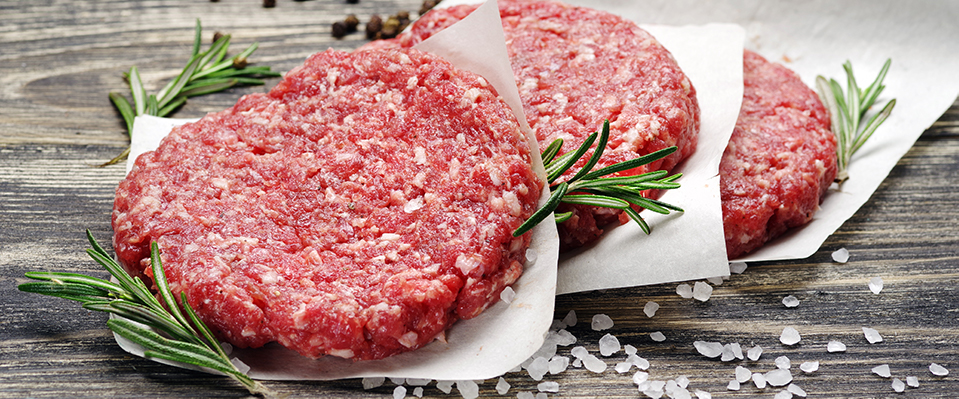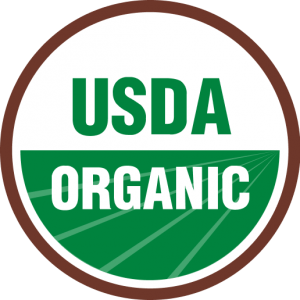

You’ve probably seen the green, white, and brown USDA Organic logo or heard the word “organic” used more and more to describe certain meat and produce products. But what do “organic” and “Certified Organic” really mean? We’re here to break it down for you.
At its most basic definition, “organic” refers to any food or product produced without the use of pesticides, fertilizers, or additives. But, to earn federal recognition as organic, a product—whether grown, raised, or processed—has to meet various standards set by the USDA.
A Certified Organic product is one that’s approved by the USDA and bears the USDA Organic logo (below). The Certified Organic program focuses on protecting natural resources; preserving plant and animal health; managing pests, diseases, and predators; and ensuring the compliant use of allowed materials.

For organic beef products, the certification means the cattle have been raised in conditions that accommodate their natural behaviors, like the ability to graze on pasture. Cattle are also fed 100 percent organic feed and forage and are never given antibiotics or hormones throughout their whole lives [1] . Both the farm where the cattle are raised and the handling facility where they are processed comply with USDA Organic regulations, upholding the integrity of the program.
As a flavorful, single-ingredient protein source, all beef has benefits. Certified Organic beef is for anyone adhering to an organic diet and interested in contributing to ecological balance and biodiversity. Choosing Certified Organic beef means you get the essential nutrients that beef provides, sourced from cattle fed 100% GMO-free feed and given no antibiotics or added hormones.
The Certified Organic seal signals product integrity.
Looking for Certified Organic beef products? Check out our where to buy page to find Certified Organic beef near you.